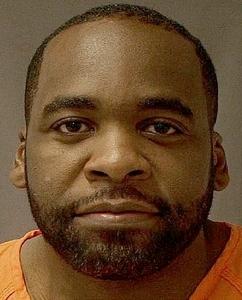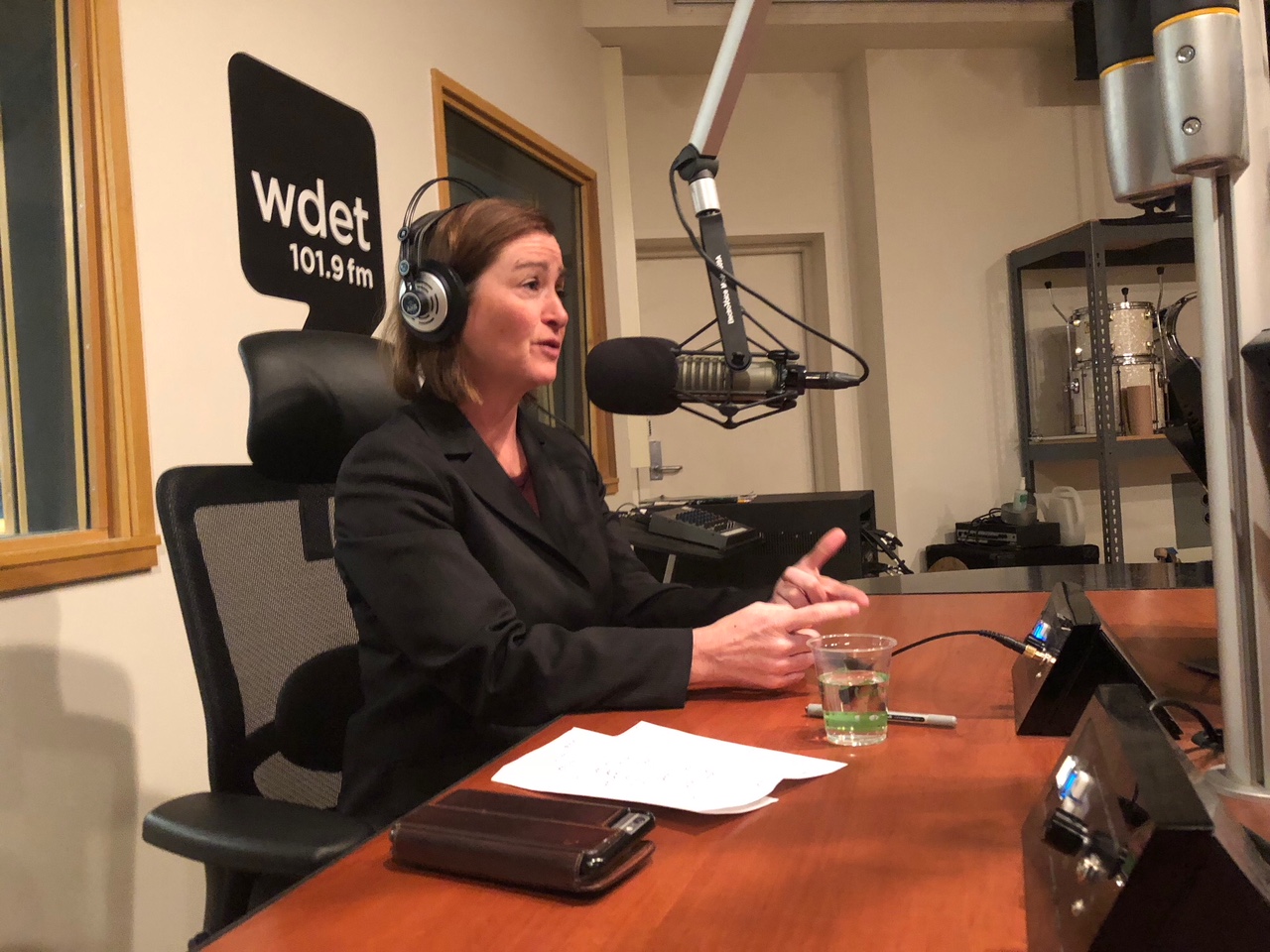What Did Kwame Kilpatrick’s Sentence Tell Us About Our Criminal Justice System?
“My argument would be not so much that Kwame Kilpatrick got too much time, but…other cases didn’t get enough.”


It’s been more than nine years since the fall of former Detroit Mayor Kwame Kilpatrick.
The sharp and charismatic young mayor rose to local and national prominence quickly… maybe too quickly.
Kilpatrick seemed to have a perception that he was untouchable, which landed him in a heap of trouble.
He was charged and convicted with 24 felony counts — including mail fraud, wire fraud, and racketeering — all happening while he was mayor.
Kilpatrick refused to take a plea deal and was sentenced to 28 years in federal prison.
It was an unbelievable and unprecedented length for an elected official to serve for their crimes — which begs the question: Was the sentence handed to Kilpatrick fair?
Former U.S. attorney for the Eastern District of Michigan and prosecutor of the Kilpatrick case, Barbara McQuade, joins Detroit Today with Stephen Henderson to talk about why she thinks the punishment was fitting. She says that deterrence was a major factor in Kilpatrick’s sentencing.
“The one area at the core of this case and any white collar crime case is deterrence,” says McQuade. “People are watching. And if you want to prevent a crime like this, you need to take away something that is precious to them, and that is their liberty.”
McQuade also addresses the much shorter sentences handed down in cases comparable to the Kilpatrick case.
“My argument would be not so much that Kwame Kilpatrick got too much time, but those other cases didn’t get enough.”
Reporter Mike Riggs disagrees. Riggs, who wrote an article for The Atlantic’s CityLab titled “Why Kwame Kilpatrick Should Not Serve 28 Years in Prison,” says on Detroit Today that he believes prison is being used for the wrong purpose.
“The rule of thumb I use is that prisons should be for people we’re scared of, not people we’re mad at,” says Riggs.
Matthew Van Meter, author and teacher at the College for Creative Studies, also joins the show to speak more generally about what he sees as the overly punitive nature of federal sentencing law.
Click on the audio player above to hear the full conversation.
